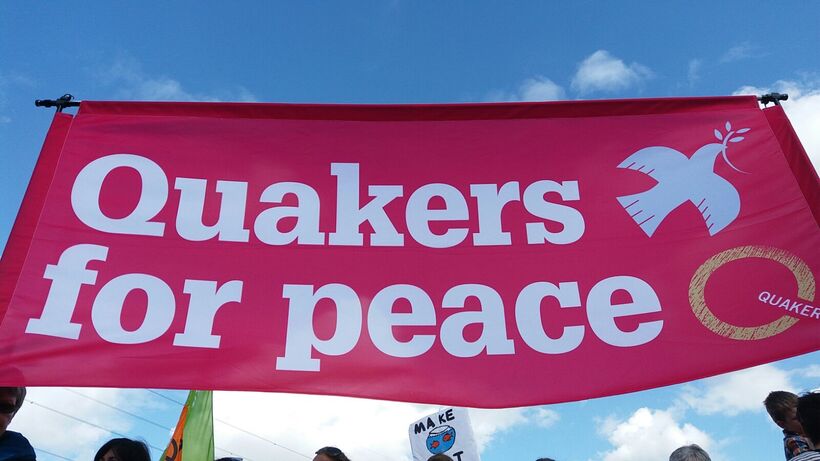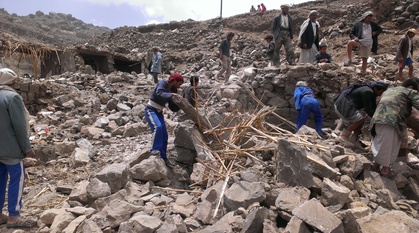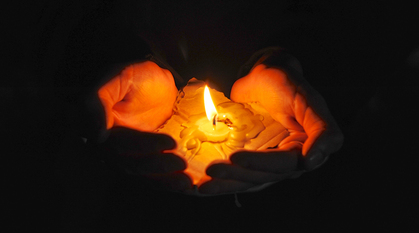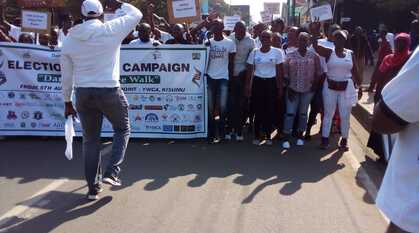Remembering Srebrenica
Twenty-seven years after the killings, Oliver Robertson considers the lessons of Srebrenica and other atrocities.

Monday 11 July was the anniversary of the massacre in Srebrenica. Twenty-seven years ago, over 8,000 Bosniak (Bosnian Muslim) men and boys over 12 were murdered in the town in the worst single event of the Bosnian civil war of 1992-1995.
The killings are recognised as one of five genocides since 1941 (along with Cambodia, Rwanda, Darfur and the Nazi Holocaust). With major war now happening again on European soil, the anniversary is perhaps particularly poignant this year.
The questions that are always asked in the wake of such killings are: "Why did we let it happen?" And: "How can we stop it happening again?"
[QUOTE-START]
We stop future atrocities by putting in place structures and laws to prevent them.
- Oliver Robertson
[QUOTE-END]
We stop future atrocities by remembering and learning about the past, by not forgetting how people have dehumanised and treated each other. And we stop future atrocities by putting in place structures and laws to prevent them.
The modern framework of human rights standards emerged in response to the Holocaust. They laid out rules for how to treat each other and recognised that there are some things it is never okay to do to people.
Yet it seems we have forgotten those lessons of the past, the importance of protective laws and structures, in allowing them to be undermined, at home and abroad.
But even when laws and structures are in place, Srebrenica demonstrated that they are not enough to protect us from the horrors of genocide.
Advice and Query 31 calls on us to live "in the virtue of that life and power that takes away the occasion of all wars". It asks us to faithfully maintain our testimony that war and the preparation for war are inconsistent with the spirit of Christ.
It is slow and difficult work, but we can help prevent future atrocities by creating a culture that will not allow them to happen, by building peace and understanding and mutual reliance between peoples.
Responding to the Bosnian civil war and other conflicts in the former Yugoslavia, Quakers in Britain developed work in the region. Working with local partners, we supported efforts to make peaceful social change, prevent conflict and – latterly – work explicitly on dealing with the past as a way to build a more lasting peace.
Individual Quakers and partners in the region have maintained their links and work since then.


